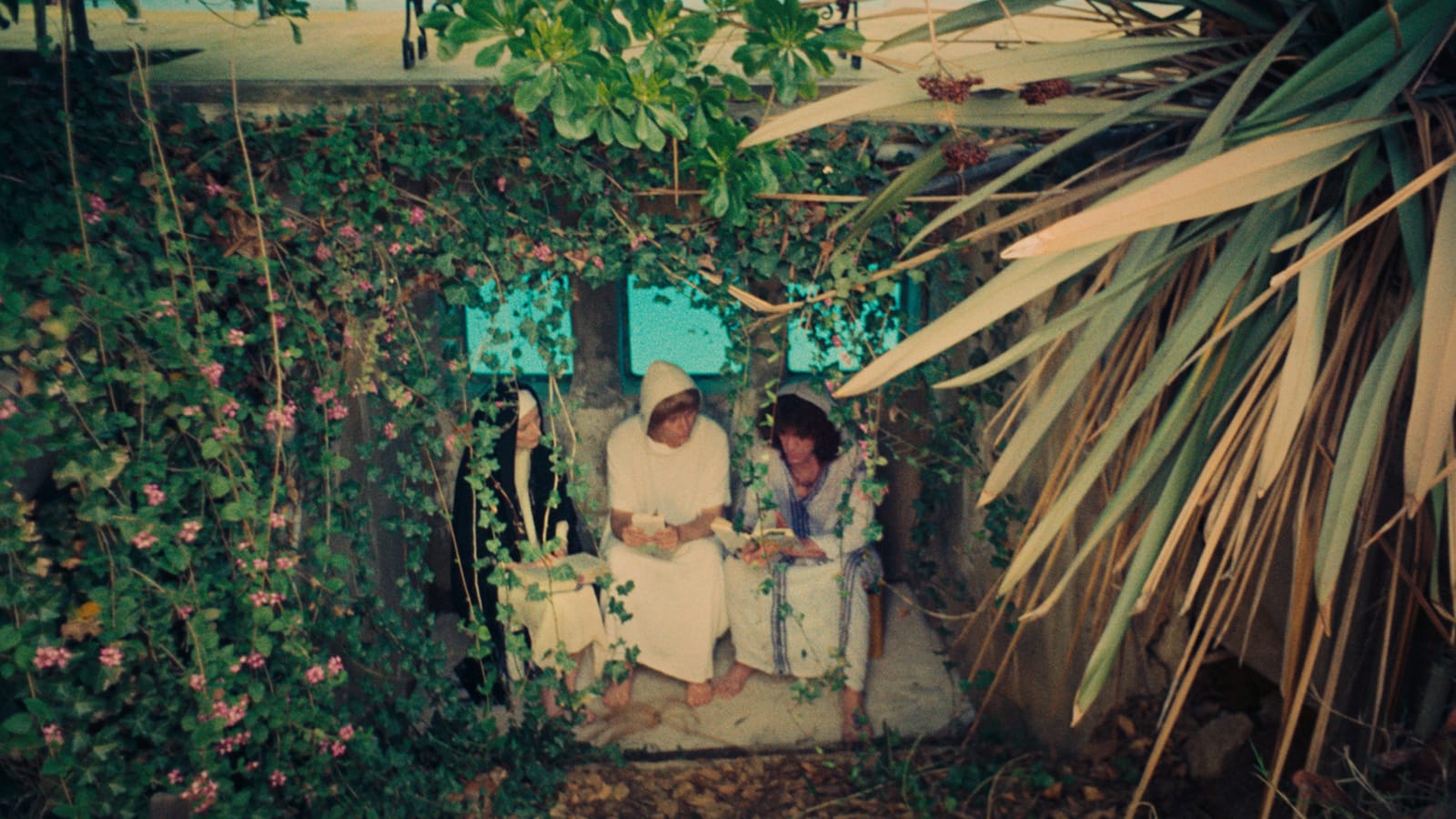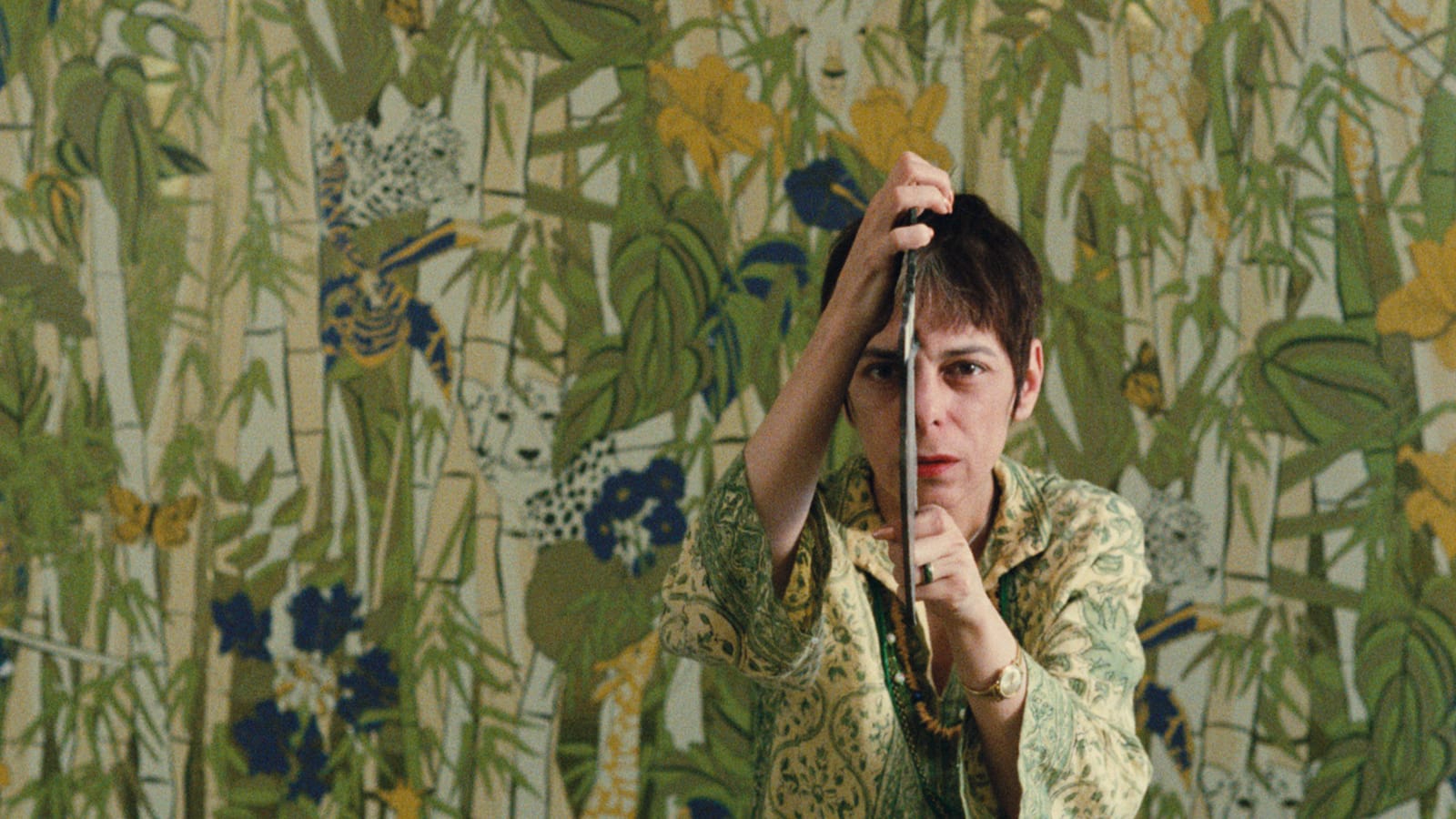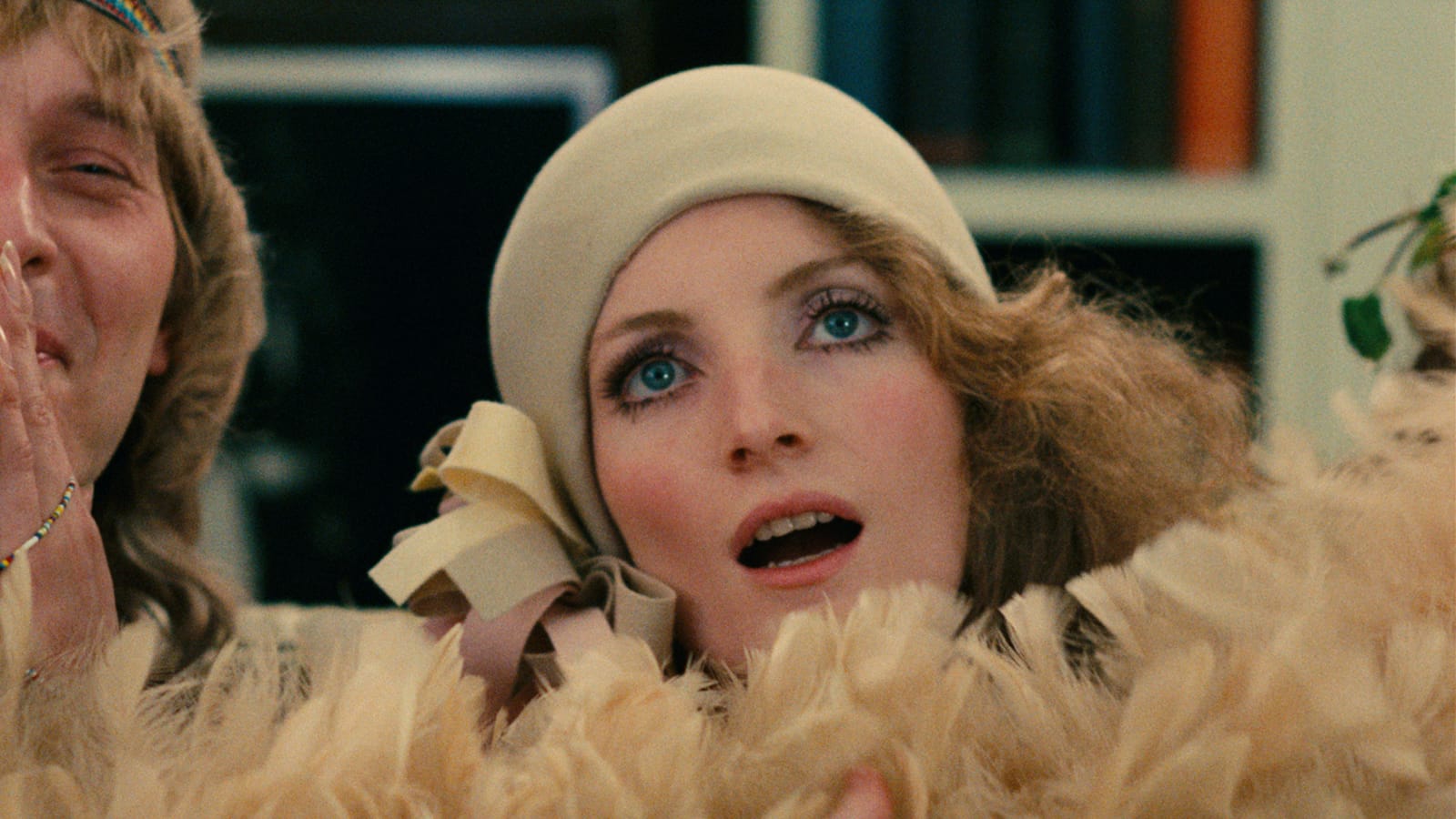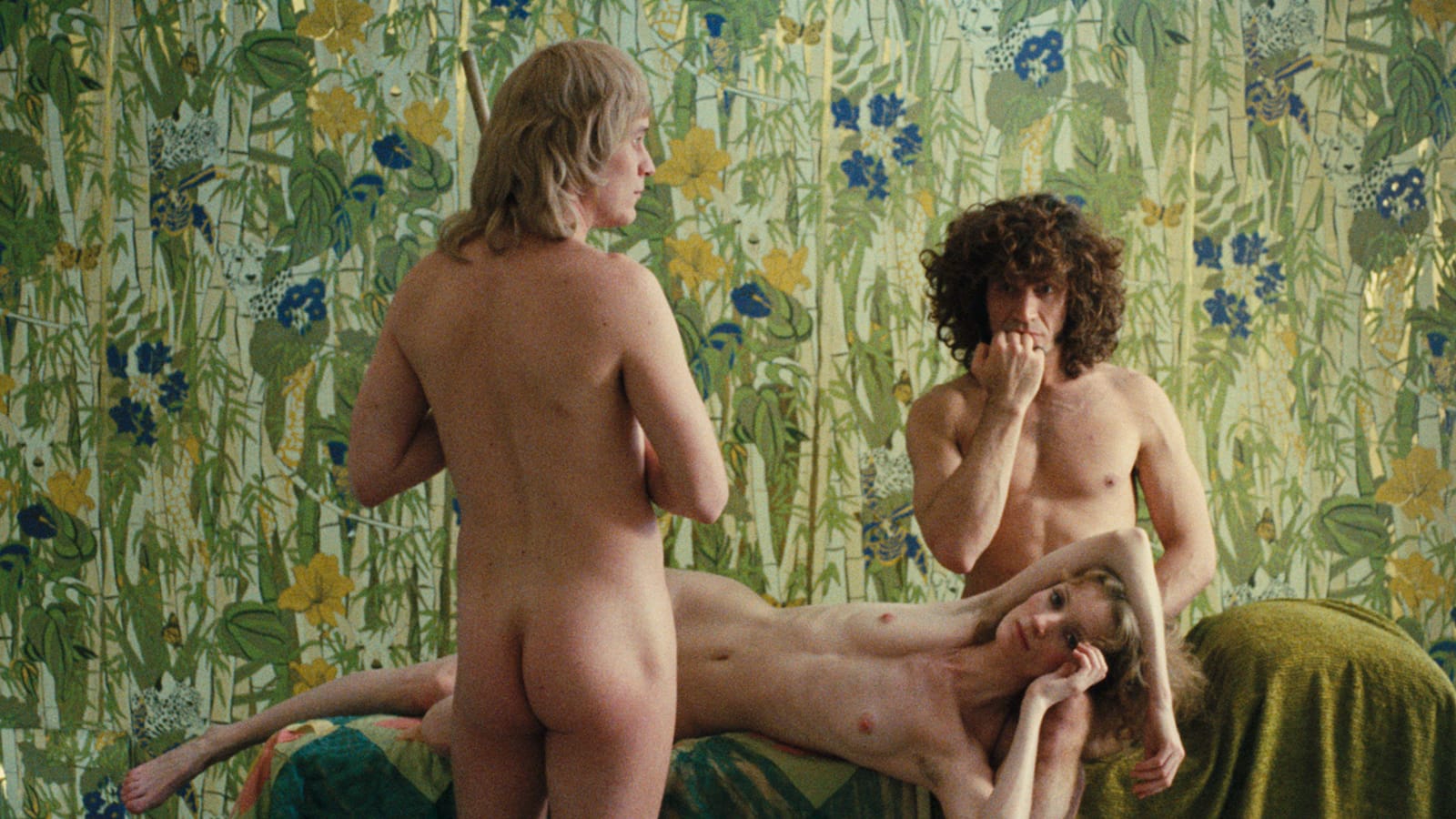Lions Love (. . . and Lies)

Agnès Varda brings New York counterculture to Los Angeles. In a rented house in the sun-soaked Hollywood Hills, a woman and two men—Viva, of Warhol Factory fame, and James Rado and Gerome Ragni, who created and starred in the rock musical Hair—delight in one another’s bodies while musing on love, stardom, and politics. They are soon joined by underground director Shirley Clarke, playing herself as well as functioning as a surrogate for Varda. Lions Love (. . . and Lies) is a metacinematic inquiry into the alternating currents of whimsy and tragedy that typified late-sixties America.
Lions Love (. . . and Lies) was restored by the Cineteca di Bologna at L’Immagine Ritrovata in association with Ciné-Tamaris and The Film Foundation. Restoration funding provided by the Annenberg Foundation, the Los Angeles County Museum of Art (LACMA) and The Film Foundation.
Available In

Cast
- Viva
- Herself
- James Rado
- Jim
- Gerome Ragni
- Gerry
- Shirley Clarke
- Herself
Credits
- Director
- Agnès Varda
- Written by
- Agnès Varda
- Produced by
- Agnès Varda
- Produced by
- Max L. Raab
- Camera
- Stevan Larner
- Camera
- Lee Alexander
- Sound
- George Alch
- Edited by
- Robert Dalva
- Music by
- Joseph Byrd
- Assistant
- Lynn Littman


















